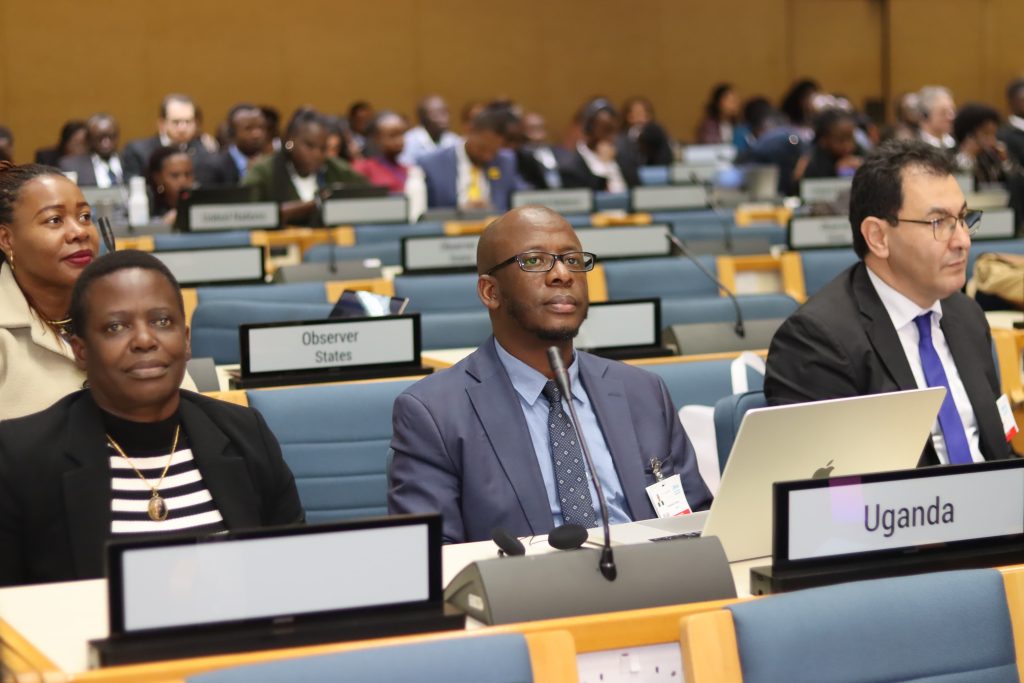African ministers demand bigger budgets for Agriculture

On a more positive note, Kenya is among 10 countries that have been removed from the global Hunger Hotspots list due to better food security conditions.
African ministers have once again called on governments to commit more funding to agriculture, warning that insufficient investment continues to hinder the fight against hunger on the continent.
During the 20th session of the African Ministerial Conference on the Environment, the ministers said that increasing budget allocations to agriculture is essential if the continent is to meet its food security goals and improve livelihoods.
In their draft resolutions, they referred to the Maputo Declaration, where African leaders pledged to dedicate at least 10 per cent of their national budgets to agriculture and rural development within five years.
The ministers reminded governments of this commitment, which was made under the Comprehensive Africa Agriculture Development Programme (CAADP).
The CAADP framework is built on four key pillars, including sustainable land and water management. However, the ministers noted that many countries have consistently fallen short of the agreed target, making it harder to meet food security objectives.
They also highlighted the Malabo Declaration of 2014, which aimed to accelerate agricultural growth and transformation with the goal of ending hunger by 2025.
Despite these ambitions, they expressed concern that agricultural funding remains too low in many African countries.
In Kenya, for instance, the government has allocated Sh47.6 billion to agriculture in the 2025–26 financial year. This includes Sh8 billion for the Fertiliser Subsidy Programme, Sh10.2 billion for the National Agricultural Value Chain Development Project, Sh800 million for the Small-Scale Irrigation and Value Addition Project, Sh1.2 billion for the Food Security and Crop Diversification Project, and Sh5.8 billion for the Food Systems Resilience Project.
Overall, Kenya’s total expenditure for the 2025–26 budget is expected to be Sh4.29 trillion, representing 22.3 per cent of the country’s GDP.
The ministers’ push for higher agriculture funding comes at a time when a new United Nations report has warned that millions of people in five global hunger hotspots are at risk of famine and death if swift humanitarian action is not taken. The most at-risk countries include Sudan, Palestine, South Sudan, Haiti and Mali, where conflict, economic shocks, and climate disasters are driving people to the brink of starvation.
On a more positive note, Kenya is among 10 countries that have been removed from the global Hunger Hotspots list due to better food security conditions. Others include Ethiopia, Lebanon, Lesotho, Malawi, Mozambique, Namibia, Niger, Zambia, and Zimbabwe.
Despite this progress, the ministers stressed the importance of long-term solutions, especially in soil protection. They urged governments to step up efforts in this area, noting that healthy soils are key to sustainable food production.
They also cited the Africa Fertiliser and Soil Health Summit held in May 2024, where African Heads of State and Government endorsed the Nairobi Declaration on Fertiliser and Soil Health. This declaration outlines a shared commitment to improving soil health and ensuring better fertiliser use to boost productivity across the continent.
